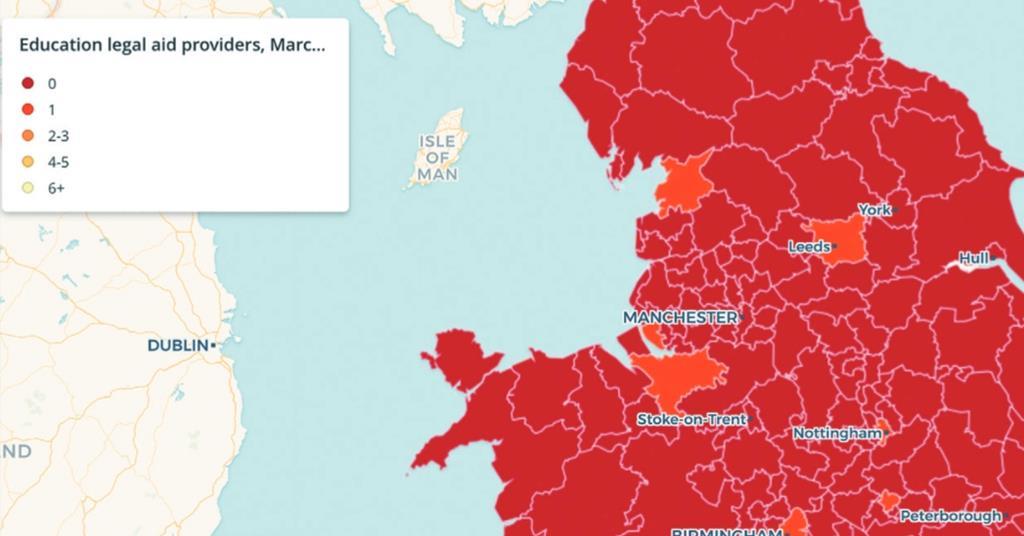### Navigating the Evolving Legal Landscape of Cohabitation: Recent Developments and Future Implications
Legal Landscape Shifts for Cohabiting Couples in England and Wales
In a series of landmark decisions and pledges, the legal implications of cohabitation are undergoing significant scrutiny, with recent changes aiming to align the rights of cohabitees more closely with those of married couples and civil partners. This shift reflects a growing recognition of the diverse forms of relationships and households in modern society.
Supreme Court Decisions Set New Precedents
The legal journey for cohabitees saw a pivotal moment in 2017 when the Supreme Court removed the necessity for pension nomination forms for cohabitees to benefit, marking a significant step towards equality in pension entitlement. This was followed in 2018 by another Supreme Court ruling, which found the exclusion of cohabitees from the Widowed Parents Allowance (WPA) to be unlawful. This decision has led to the introduction of the Bereavement Support Payment scheme in 2023, with an estimated 21,000 households potentially eligible for backdated payments. The deadline for these claims is set for 8 February 2024, highlighting the urgency for affected parties to act.
Political Promises of Reform
Looking to the future, the Labour Party has committed to reforming the law affecting cohabiting couples, should they come to power in the likely 2024 General Election. Shadow Attorney General, Emily Thornberry MP, highlighted the current system’s shortcomings, particularly its impact on women, stating, “For too long, women in co-habiting couples have been left with no rights when those relationships come to an end.” This pledge indicates a potential overhaul of the legal framework governing cohabitation.
Public Awareness and Legal Expertise
Public figures like Martin Lewis have also brought attention to the precarious position of cohabitees under the current legal system. On his Money Show Live, Lewis underscored the stark reality for cohabiting couples, emphasizing that regardless of the duration of the relationship or the presence of children, cohabitees are not automatically entitled to their partner’s assets upon death.
Legal experts specializing in will, trust, and estate disputes are all too familiar with the surprises and challenges faced by cohabitees in the wake of a partner’s death. The Inheritance (Provision for Family & Dependants) Act 1975 offers some protection, allowing cohabitees who have lived together in a manner akin to marriage or civil partnership for at least two years to bring a claim. However, the Act’s criteria and the court’s interpretation of “living in the same household” present complexities that future legal reforms will need to address.
Challenges and Considerations for Legal Reform
The definition of cohabitation, the commencement of cohabitation, and what constitutes living “as husband and wife” or “as civil partners” are central issues for legal reform. The diverse living arrangements and relationship dynamics of modern families pose significant challenges in creating a legal framework that accurately reflects and protects the rights of cohabitees.
Contentious probate disputes often hinge on the interpretation of these criteria, with courts required to navigate the multifaceted nature of personal relationships. Future reforms will need to consider evidence of cohabitation from both parties to prevent misrepresentation and ensure fairness, particularly in cases where there is an imbalance in the relationship.
Conclusion
The evolving legal landscape for cohabiting couples in England and Wales reflects a broader societal shift towards recognizing and protecting diverse forms of relationships. As legal reforms continue to unfold, the aim will be to provide greater security and equality for cohabitees, ensuring that their rights are safeguarded in line with those of married couples and civil partners.


